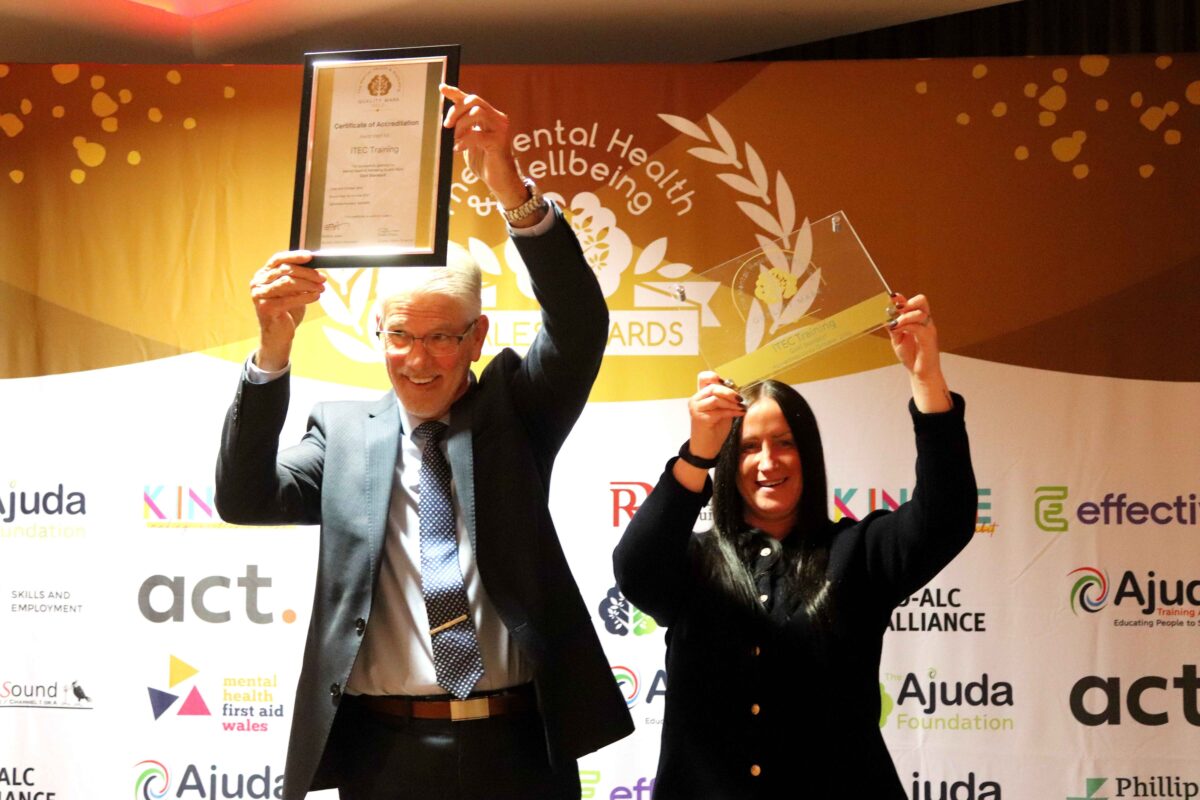Learning to read is a fundamental right – but in prison, the incentives are all wrong

“You’ve got to better yourself. I don’t want to be back in a dead-end situation.” These are the words of Jake, a prisoner who contributed to today’s report on reading in prison published by Ofsted and Her Majesty’s Inspectorate of Prisons. Jake told inspectors that he couldn’t write and could only read very basic books because he skipped school when he was younger.
Among the prison population, Jake’s experience is depressingly common. Ministry of Justice data shows that 57% of adult prisoners have literacy levels below those expected of an 11-year-old. There are few skills which have a bigger impact on a person’s life than being able to read. For those in prison, this is even more noticeable. Those with low reading ability struggle to understand vital written information, from legal correspondence to food menus and letters from their families. They are at greater risk of becoming isolated, and cut off from the education and work opportunities which are available in prison.
As a national provider of prison education with a wealth of expertise developed through 30 years of supporting the hardest-to-reach learners, Novus is well placed to support people like Jake. And there are examples of excellent practice, such as the effective use of phonics for adults, the roll out of technological tools such as reading pens, and homework clubs, which support parents in prison to engage with their children’s education while also developing their own literacy skills. Yet, as today’s powerful report makes clear, myriad structural, financial and cultural obstacles prevent our expert practitioners from having the maximum impact on helping prisoners to access education and, ultimately, enter sustainable employment upon release.
At the launch of the report this morning, Charlie Taylor, Her Majesty’s Chief Inspector of Prisons, observed that the incentives currently in place when it comes to prison education limit the impact the system is having. Governors are not held fully accountable for education outcomes in their prisons, resulting in some of them prioritising other important areas, not least the safety of prisoners and staff, over education. Necessary restrictions put in place during the Covid pandemic have had a particularly damaging impact on the access prisoners have to precious time out of their cells for activities such as education. While some governors we work with go the extra mile to support education activity in their prisons, in other parts of the prison estate education ends up low down on the list of competing priorities.
Prison Education Framework contracts prioritise the delivery of qualifications over meeting the needs of prisoners. This means that there is little that providers can do to help those with low reading ability who do not have the literacy skills required to access qualifications at level 1 and above. Providers are funded to teach specific courses, not to teach individuals to read; for those who are unable to read, this starting point is beyond their grasp. Indeed much of this vital work ends up being left to charities such as the Shannon Trust, rather than being part of a joined-up prison education system. Greater flexibility in education contracts would allow providers to deliver a curriculum focused on need, rather than simply delivering qualifications.
And there are even disincentives for prisoners to engage in education. In most cases they are required to choose between using their out-of-cell time for education or work. They are paid more for carrying out jobs such as cleaning, cooking, recycling, waste processing and laundry than they are for engaging in education. As a result, many prisoners never set foot in a classroom.
Prison education has a proven impact on reducing reoffending. According to research by Manchester Metropolitan University, participation in prison education reduces the likelihood of reoffending by around a third. Yet investment in this vital area remains low. At present, the hourly funding rate for male prisoners is around 17 per cent of the equivalent rate for students in community-based adult education. Increasing the funding rate would allow providers such as Novus to do what they do best – and the impact could be enormous. The cost of reoffending to society is £18 billion each year. Education offers a way of reducing this burden and giving prisoners the skills they need to find work and break the cycle of reoffending.
Last week, more than 79,000 men and women were behind bars across England and Wales. Without a sea change in how we approach prison education, too many of them will remain cut off from the education and training they need to turn their lives around. This vital report by Ofsted and HMIP must serve as a wake-up call that an overhaul of our prison education system is badly needed.
Peter Cox is managing director of Novus, part of the LTE Group











Responses